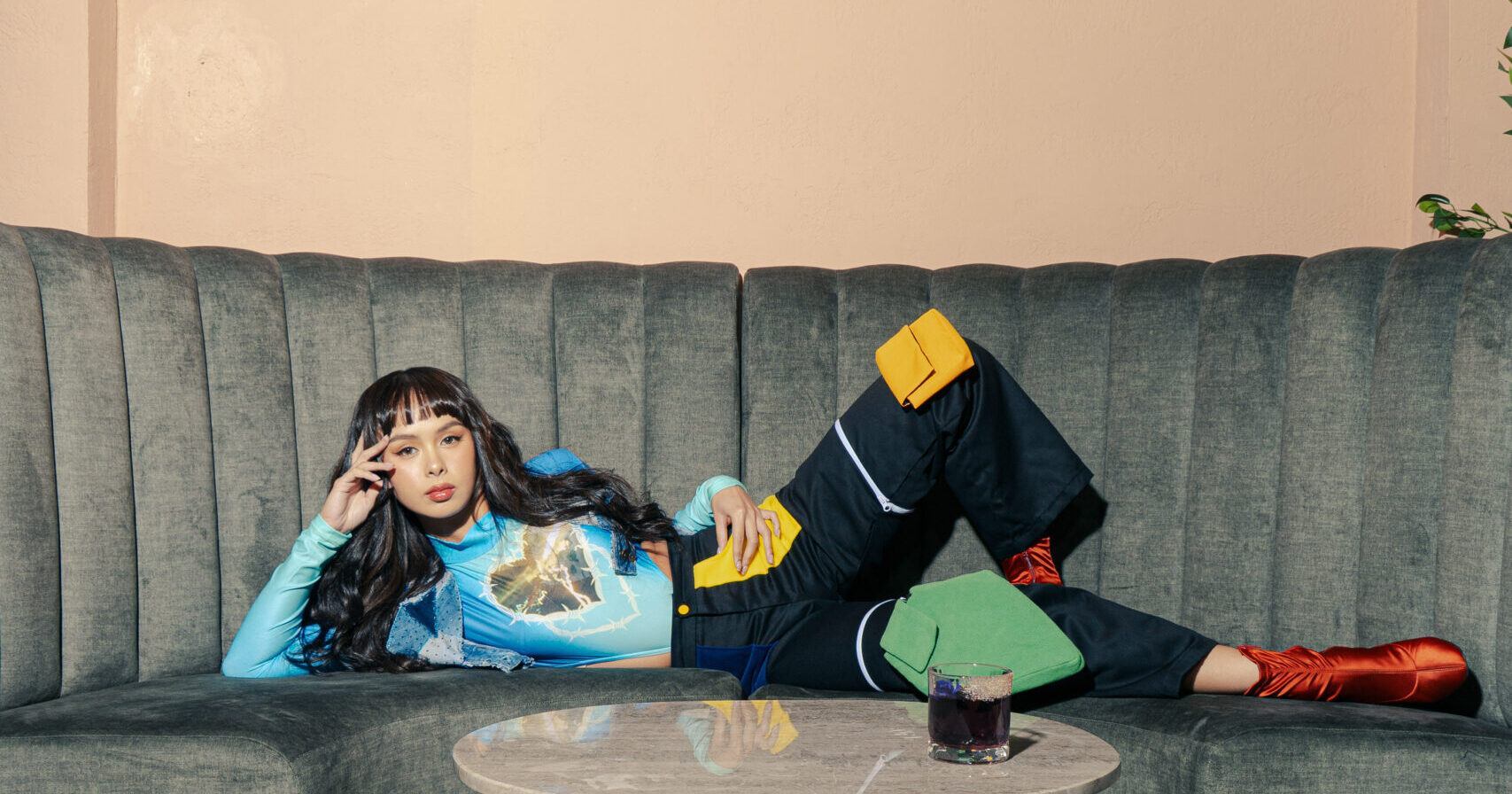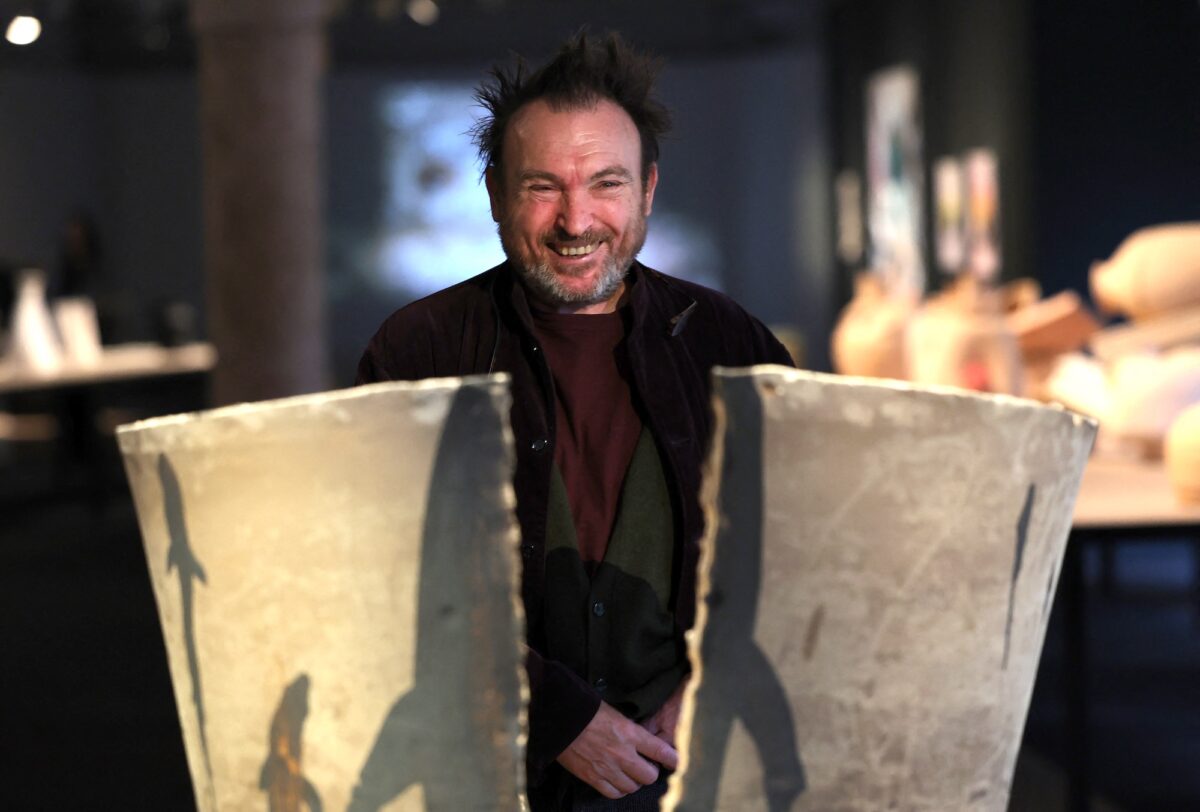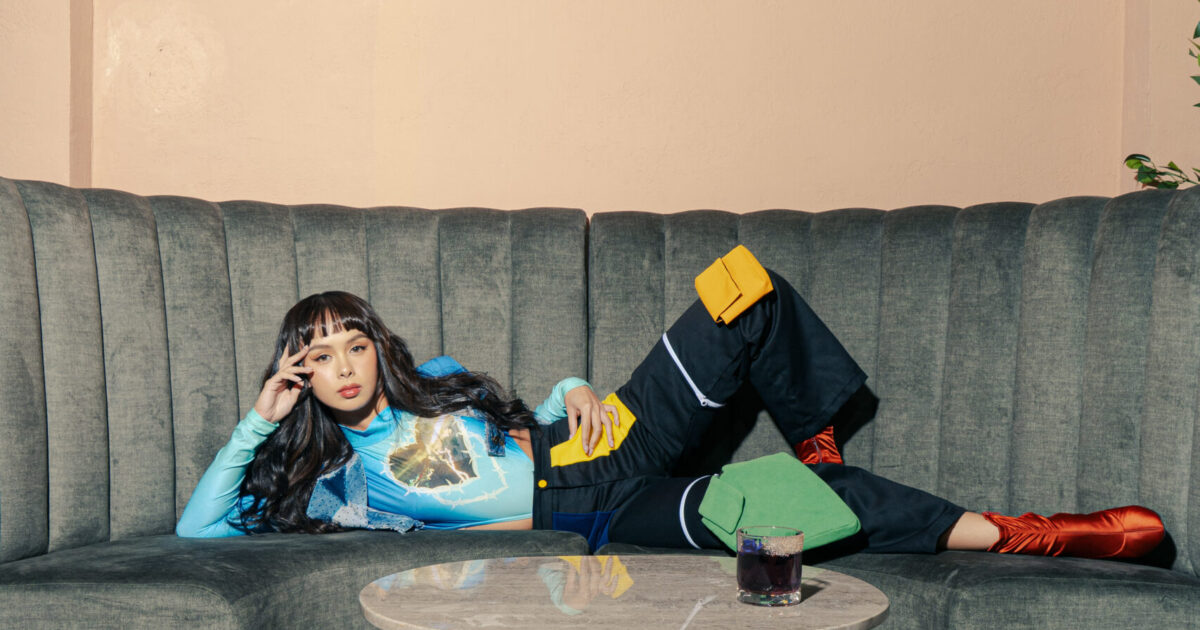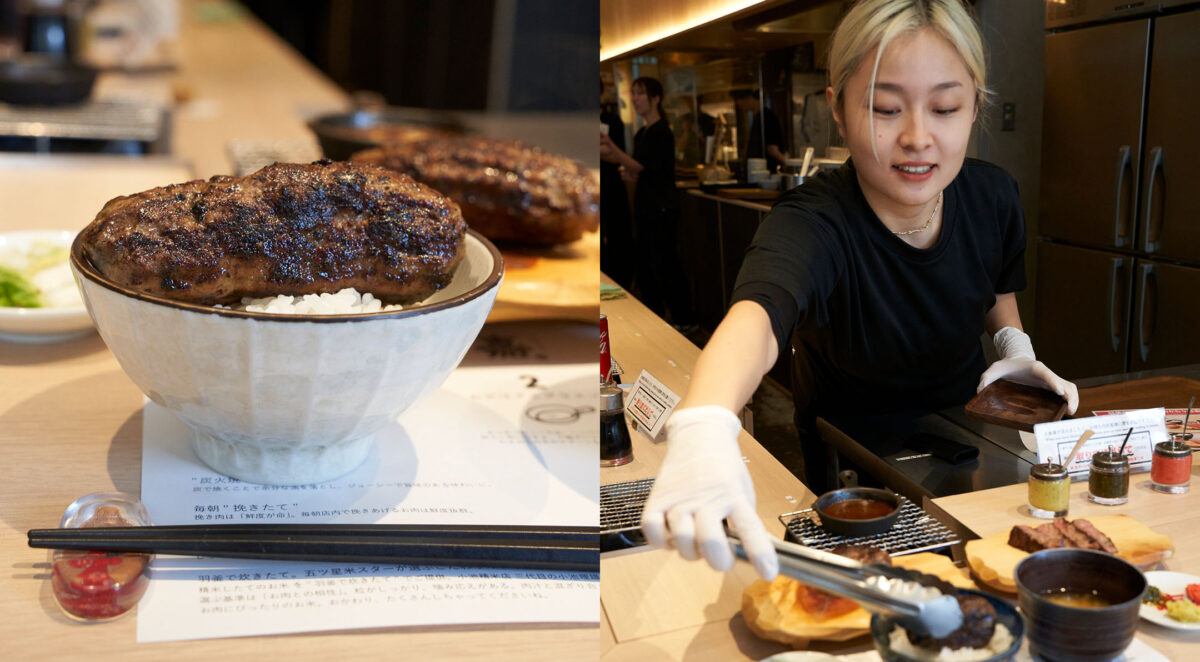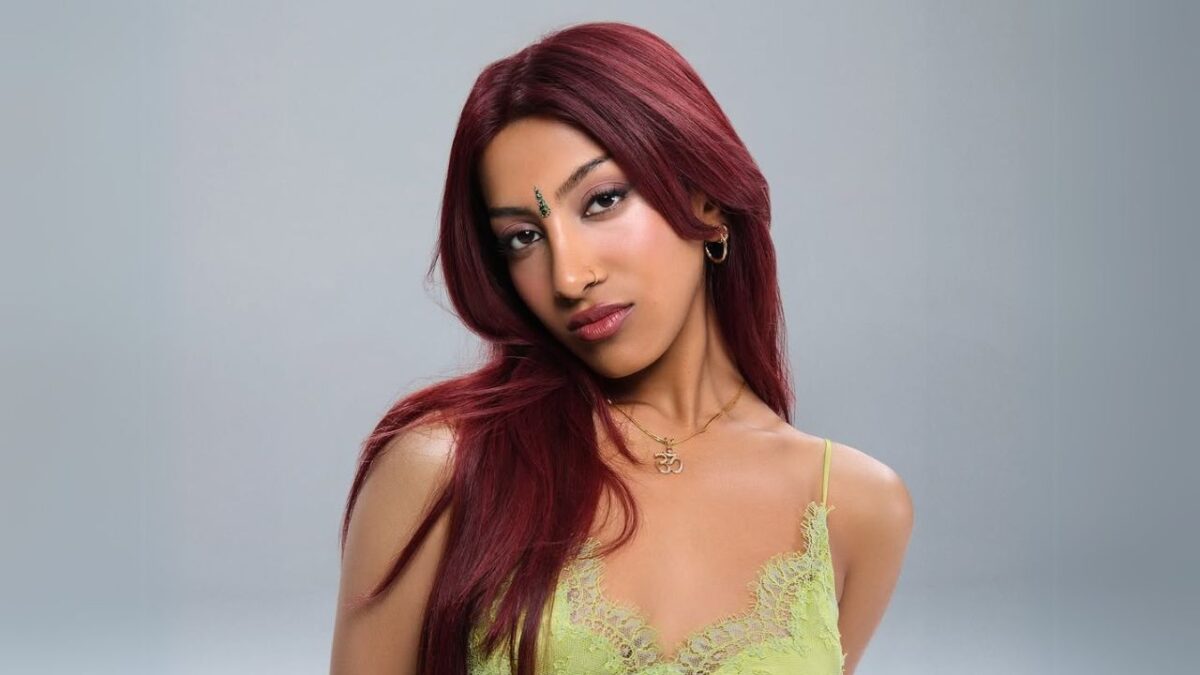Karl Lagerfeld’s creations were nothing short of a sartorial symphony, each piece a harmonious blend of unrivaled creativity, expert craftsmanship, and an unwavering ability to capture the spirit of the times. From Patou to Tiziani, Chloé to Fendi, Chanel to his own eponymous label, Lagerfeld produced an impressive body of work that remains unparalleled to this day.
His influence on the fashion industry was truly significant, reshaping the course of haute couture and establishing him as one of the most celebrated designers of his time. With a keen eye for detail, Lagerfeld pushed the boundaries of fashion, creating daring silhouettes, and experimenting with fabrics and textures in ways that captivated audiences the world over. His unique approach to fashion earned him a legion of devoted fans, including designers, celebrities, and fashion enthusiasts alike.
Vogue’s May issue features the late Karl Lagerfeld on its cover, paying homage to his remarkable legacy. The issue showcases ten models whom the renowned designer admired the most, including Anok Yai, Shalom Harlow, Kendall Jenner, Liu Wen, Adut Akech, Natalia Vodianova, Naomi Campbell, Amber Valletta, Gigi Hadid, and Devon Aoki. Additionally, ten prominent designers, including Pierpaolo Piccioli of Valentino, Thom Browne, Donatella Versace, Jun Takahashi of Undercover, Christopher John Rogers, John Galliano of Maison Margiela, Olivier Rousteing of Balmain, Chitose Abe of Sacai, Gucci, and Simone Rocha, praised Lagerfeld’s contributions to the fashion industry in the tribute issue. The issue lines up with the Met Gala 2023 theme entitled, “Karl Lagerfeld: A Line of Beauty” which will celebrate the work of the late designer, showcasing some 150 creations from his tenure.
When Lagerfeld passed away in 2019, the world lost one of its most visionary and influential designers. His legacy lives on, however, in the countless designers and fashion houses he inspired, and the countless fans who continue to be captivated by his unparalleled talent and creativity.
Here is a look at his legacy:
Patou
Following his tenure as Pierre Balmain’s assistant for Balmain, Lagerfeld was offered the role of art director at the Jean Patou fashion house, where he designed ten haute couture collections for a period of five years.

A young Lagerfeld behind-the-scenes at Patou, Images by Getty Images
Tiziani
During the 1960s, Karl Lagerfeld collaborated with the Italian fashion brand Tiziani for several years. The label was responsible for creating a plethora of iconic movie costumes and red carpet looks, including those worn by Elizabeth Taylor. Lagerfeld contributed to the designs during his tenure with the brand.
The dresses on display were from the Tiziani label’s archives, where Lagerfeld worked from 1963 to 1969, making them some of his earliest designs, Images by archive house Shrimpton Couture
Chloe
Lagerfeld, alongside other designers, started to work as a freelancer at the French fashion brand Chloé before assuming complete creative control in 1966. Lagerfeld was responsible for designing the label’s collections from 1964 to 1983. He later returned to the brand to oversee its creative direction from 1992 to 1997. During his debut show in 1973, Karl Lagerfeld showcased 200 looks that revolutionized the way separates were designed, setting a new direction for the fashion industry. His innovative designs included loose cardigans layered over V-necked pullovers and blouses featuring ruffled collars and sleeves. Lagerfeld launched his first perfume under the Chloé label, and later teamed up with pharmaceutical giant Eli Lilly to establish Parfums Lagerfeld as a separate entity.
A number of collections during Lagerfeld’s time at Chloe, including SS1974, SS1981, and FW1981, respectively, Images by WWD
Fendi
Starting in 1965 and lasting until his passing, Lagerfeld collaborated with Fendi and served as the “head designer for its ready-to-wear and fur collections,” completely transforming the brand and creating over 100 collections for Fendi over the span of 54 years.

Chanel
In 1983, Lagerfeld ended his tenure as creative director at Chloé and became the design director at Chanel, where he revitalized the fashion house, turning it into a multi-billion-dollar global brand, and cementing his lasting legacy. His time at Chanel was a legendary one, marked by his signature fingerless gloves, dark sunglasses, and witty remarks. Lagerfeld, who took over as creative director in 1983, completely transformed the brand, injecting it with a modern edge while still retaining its classic elegance. He introduced the iconic double CC’s on everything from biker jackets to boots to jewelry, and even designed a literal rocket ship for one runway show, now known for its over-the-top displays. Lagerfeld’s designs at Chanel were daring and innovative, and his shows were spectacles that left the fashion world in awe. He once famously said, “I’m a kind of fashion nymphomaniac who never gets an orgasm,” but with his incredible success at Chanel, it’s safe to say that he found plenty of satisfaction in his work.



A number of collections during Lagerfeld’s time at Chanel, including FW1984, FW1987, and FW2003, respectively, Images by WWD
Karl Lagerfeld
In 1984, while continuing his work at Fendi and Chanel, Lagerfeld founded his own brand which he described as being all about “intellectual sexiness” and eventually sold it to the Tommy Hilfiger group in 2005, but still remained as the chief creative.

Other endeavors
In 1987, Lagerfeld shifted to photography, where he gained a reputation that rivaled his work in fashion design, often creating photo shoots for Harper’s BAZAAR; and in 1999, he opened 7L in Paris as a destination for fashion art, including books about haute couture, textiles, and jewelry, featuring his own work and other topics he was interested in, and in 2007, he was the first high-end designer to collaborate with H&M on an affordable collection that was sold out almost immediately.


















